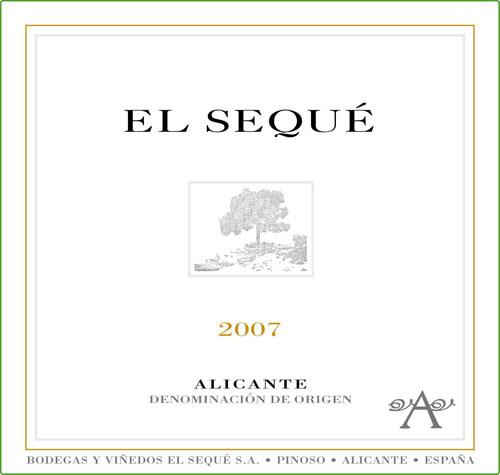2007 Alicante Red Blend
El Seque El Seque, a captivating red blend from the Alicante region, exudes an inviting deep crimson hue that hints at its richness. This vintage showcases a full-bodied profile, enveloping the palate in layers of robust flavors. The wine is characterized by a medium acidity, providing just the right balance that keeps it lively without overshadowing its core essence. Tannins are notably structured, giving the wine a firm backbone that supports its lush fruit intensity, which reveals prominent notes of dark berries and subtle spices. With a dry finish, this exquisite blend perfectly reflects the terroir of Alicante, offering a delightful sip that will leave wine enthusiasts yearning for more.
El Seque El Seque, a captivating red blend from the Alicante region, exudes an inviting deep crimson hue that hints at its richness. This vintage showcases a full-bodied profile, enveloping the palate in layers of robust flavors. The wine is characterized by a medium acidity, providing just the right balance that keeps it lively without overshadowing its core essence. Tannins are notably structured, giving the wine a firm backbone that supports its lush fruit intensity, which reveals prominent notes of dark berries and subtle spices. With a dry finish, this exquisite blend perfectly reflects the terroir of Alicante, offering a delightful sip that will leave wine enthusiasts yearning for more.




